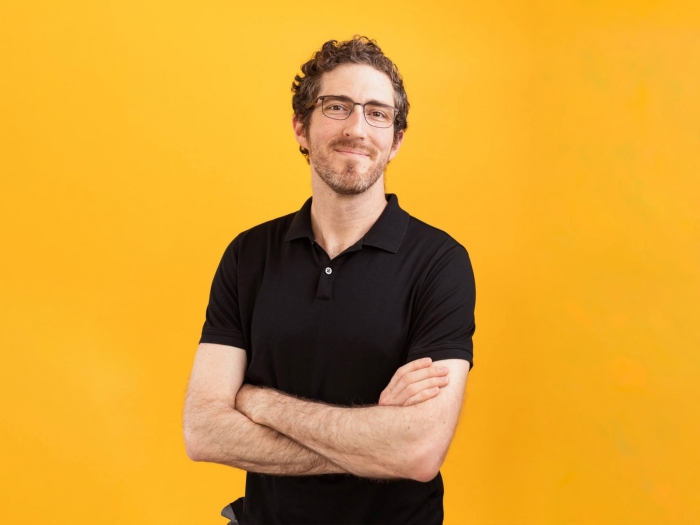
"We have a 7,000-year-old sample that was nearly indistinguishable from modern domesticated dogs. … [I]t looks just like the dog chewing your left shoe in the closet."
Amanda Pendleton, Ph.D., a research fellow in the Department of Human Genetics and co-author of a study on canine domestication, was quoted in a Scientific American article that detailed the findings.
"We've been trying to change the health care conversation in the United States from how much we spend to how well we spend. … I want the health insurance plan my patients have to charge my patients the least for the services that are going to make them healthier."
A. Mark Fendrick, M.D., professor of health management and policy, and of internal medicine, and director of the Center for Value-Based Insurance Design, spoke to NPR about health insurers offering "free maintenance care" for those with chronic health issues.
"What these results show is that if parents are trying to address their child's language development with educational apps, it's probably not working on a population scale. … Symbolic thinking and memory flexibility is something that apps haven't been able to overcome, no matter how interactive they are."
Jenny Radesky, M.D., assistant professor of pediatrics and communicable diseases, discusses in a recent Time article the relationship between screen time and delayed expressive speech in young children.
"We all like ice cream but we don't need to have it every moment of the day."
In a Money article on "tuning out" political drama, Michelle Riba, M.D., professor of psychiatry, associate chair for integrated medical and psychiatric services, and director of the PsychOncology Program at the Comprehensive Cancer Center, analogized people fixated on 24-hour news feeds to those who overindulge in sugary treats.





